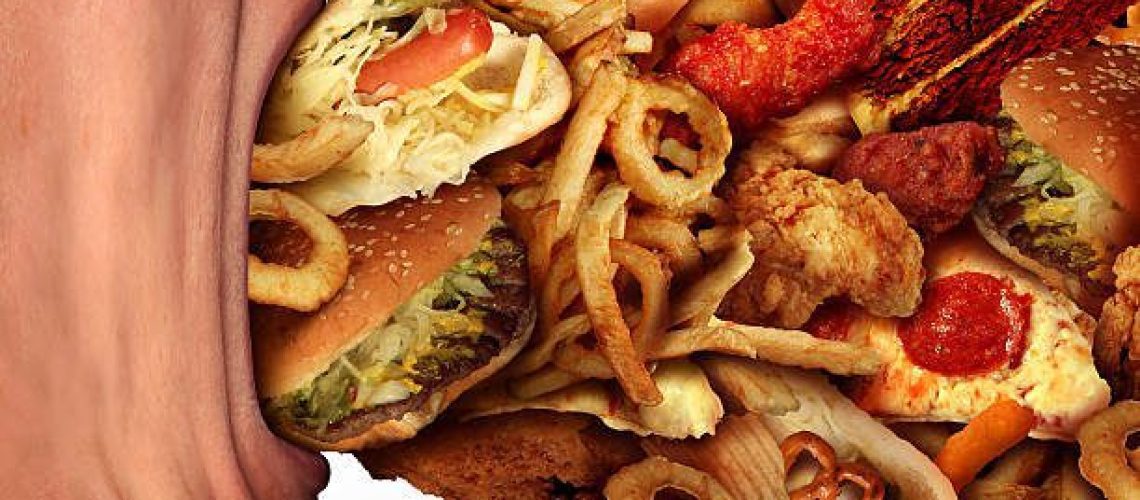We all know that junk food isn’t good for us, but do we really understand the damage it can do? Eating too much junk food can have a serious and lasting effect on our bodies. From long-term health problems to short-term effects, here is a look at what eating too much junk food can do.
Weight Gain and Obesity
One of the most obvious risks of eating too much junk food is weight gain. Junk foods are high in calories and low in nutritional value, meaning they make it easy to consume more calories than our bodies actually need. Over time, this excess calorie consumption leads to weight gain and an increased risk of obesity. Research has found that people who eat high amounts of processed snacks are more likely to be overweight or obese than those who limit their consumption. In addition to weight gain, junk food consumption has also been linked to other health problems such as diabetes, heart disease, and certain types of cancer. Therefore, it is important to limit your intake of these unhealthy foods in order to maintain a healthy weight and protect your overall health.
Chronic Health Problems
Eating too much junk food can have serious consequences for your health. Junk foods are often high in sodium and saturated fats, both of which can cause inflammation throughout the body. This inflammation can lead to cardiovascular disease, as well as other chronic health problems such as diabetes and hypertension. Additionally, consuming sugary beverages on a regular basis has been linked to an increased risk for type 2 diabetes. While it may be tempting to indulge in unhealthy foods from time to time, it is important to remember the potential risks. By making healthier choices, you can help protect yourself from developing chronic health problems down the road.
Impact on Mental Health
While the physical effects of junk food are well documented, its impact on mental health is often overlooked. However, there is a growing body of evidence to suggest that processed snacks can have a significant impact on our mood and well-being. Eating lots of junk food can cause fluctuations in blood sugar levels, which can lead to feelings of fatigue or irritability. Studies have also found that eating unhealthy snacks can increase the risk of depression due to its negative impact on overall physical health. So next time you’re reaching for a quick fix of sugar or calories, remember that junk food can also have a detrimental effect on your mental health.
Allowing yourself the occasional treat is perfectly fine—but when you start relying heavily on processed snacks for sustenance then you’re putting yourself at serious risk for long-term health problems as well as mood swings and other mental side effects in the short term. To keep your body healthy, it’s important to focus on eating whole foods like fruits, vegetables, lean proteins, legumes, nuts, seeds, and whole grains instead of processed snacks with no nutritional value whatsoever!
Reference:
Fast Food’s Effects on 8 Areas of the Body. (n.d.). Fast Food’s Effects on 8 Areas of the Body. Retrieved November 23, 2022, from https://www.healthline.com/health/fast-food-effects-on-body
P. (2020, November 8). The Bad Effects Of Eating Junk Food | How To Change Your Diet. Southbank Medical Centre. Retrieved November 23, 2022, from https://southgatemedical.com.au/the-bad-effects-of-eating-junk-food/
Perspective | This is your body on fast food. (2018, February 28). Washington Post. Retrieved November 23, 2022, from https://www.washingtonpost.com/lifestyle/wellness/sneaking-a-little-junk-food-doesnt-mean-all-is-lost/2018/02/26/828b75fa-1b36-11e8-9de1-147dd2df3829_story.html

